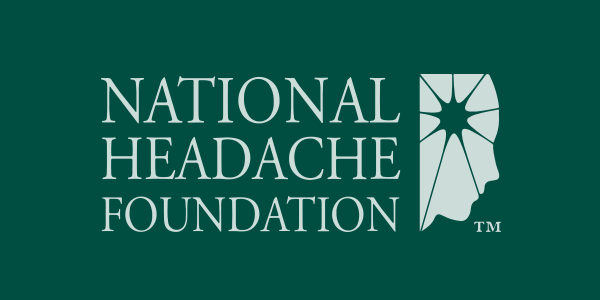Why Caffeine is Good and Bad
For years, caffeine has been a key ingredient in medications developed for the treatment of pain and headache. Numerous scientific studies have shown that caffeine combined with both prescription and nonprescription ingredients is both safe and effective in treating both…
Read More

